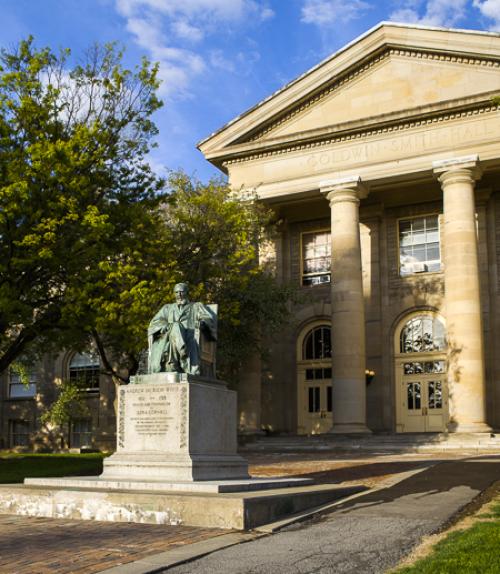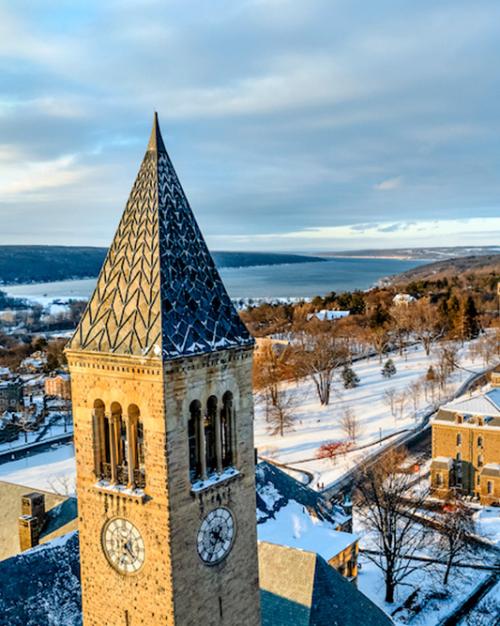For some people, mention a physicist, and they conjure up images of Einstein or Newton – scientists who discover the math of the physical world, theorize the seemingly unexplainable. They watched atoms split and electrons collide. They might even associate the term with the closely cropped NASA engineers cheering from Houston as they achieve what people once believed impossible.
Well, Joseph Parisi ’18 is neither of those classic images of a physicist – not yet anyway. Right now, the rising sophomore in the College of Arts and Sciences’ physics department is interning for a space tourism start-up company called World View.
That’s right – space tourism.
“The company seeks to show its customers, or rather voyagers, the curvature of the Earth by flying them to stratospheric altitudes on scientific balloons,” Parisi said. “The team is comprised of incredibly dedicated individuals, who share in the goal of providing the perspective-altering experience of space travel to the nonspecialized public.”
Footage from a 2014 World View commercial payload flight
And Parisi’s role is a vital one within the company.
He’s surveying launch sites, leading a task on predicative analytics for balloon and payload trajectories and co-authoring a company report on the Alan Eustace Manned Missions – the guy who broke the skydiving world record by jumping from the stratosphere.
How is he able to do all this?
“The introductory physics sequence, mathematics and computer science courses prepared me well for working with the trajectory models of high-altitude ballooning,” Parisi said. “Most of the problems I am faced with solving require deductive reasoning, something for which Cornell problem sets and assignments have trained me well.”
Parisi has some advice for students looking for rewarding internships like his: “Take on an opportunity outside of your immediate experience, outside of your state, and outside of your comfort zone.”
“If done right, the proper internship will allow you to explore a new place and change your worldview, all while building up funds so you can make a start on those student loans,” he said.
This article originally appeared in the Cornell Chronicle.




